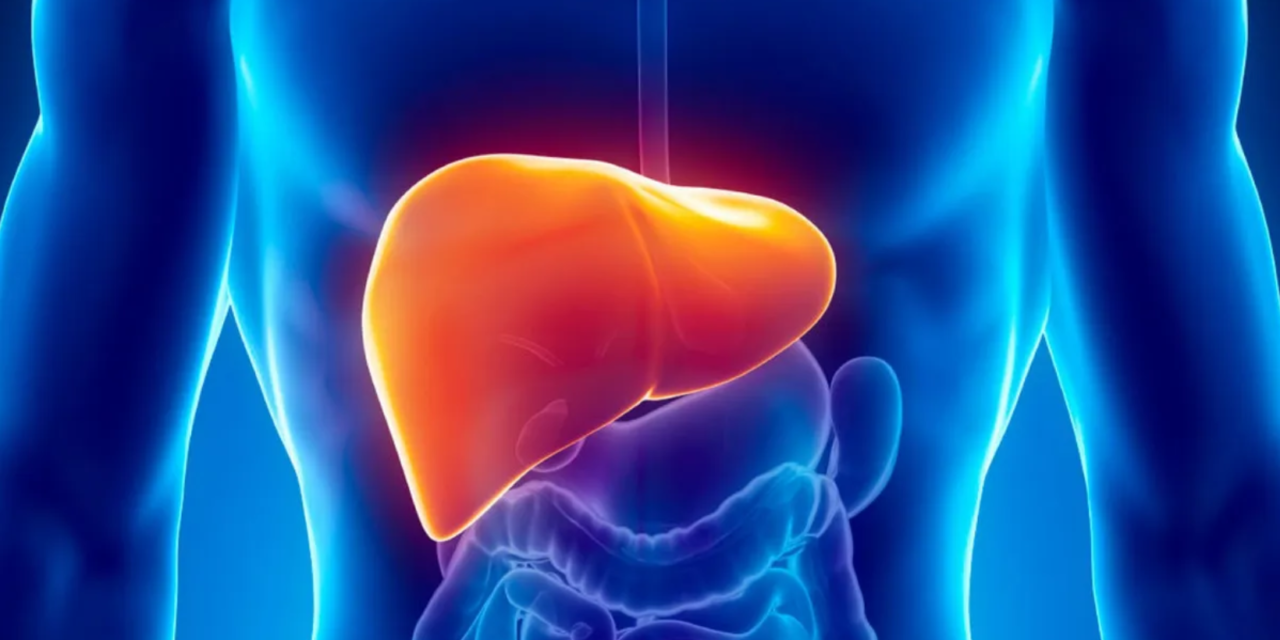Liver cancer is one of the most serious types of cancer. It’s estimated that over 41,000 people will be diagnosed with liver cancer in 2021 alone. As such, it’s more important than ever to understand the latest treatment developments for this life-threatening condition. Let’s look at some of the advances in liver cancer care made in recent years.
Targeted Therapy
Targeted therapy is an emerging field of medical research that focuses on treating specific parts of a patient’s body, rather than relying on general medications or treatments. This approach has become increasingly popular for liver cancer treatment as it allows doctors to precisely target specific types of tumors and cells, reducing the risk of damaging healthy tissue.
In particular, targeted therapy drugs known as tyrosine kinase inhibitors (TKIs) are proving particularly effective for certain types of liver cancer – these drugs block signals from proteins called growth factors, which are involved in many forms of tumor growth and can help stop their spread. For example, Lenvima (also known as lenvatinib) is a TKI that has been approved by the US Food and Drug Administration (FDA) to treat advanced primary hepatocellular carcinoma (HCC).
Immunotherapy
Immunotherapy is another form of treatment gaining traction for liver cancer patients. This therapy uses a patient’s immune system to fight off tumor cells. It involves introducing special drugs into their bloodstream, stimulating their natural defenses against illness and disease. Immunotherapy drugs are particularly effective in slowing tumor growth or stopping its progression altogether. Some immunotherapy drugs have even been approved by the FDA for use alongside chemotherapy or radiation therapy to make these treatments more effective.
The latest developments in liver cancer treatments are encouraging news for those suffering from this disease. Targeted therapies such as TKIs allow doctors to precisely target affected areas without harming healthy tissue. At the same time, immunotherapies introduce specialized drugs designed to stimulate patients’ natural defenses against tumors and other illnesses. In combination with more traditional treatments such as chemotherapy or radiation therapy, these new strategies provide hope for those fighting this life-threatening condition. They may lead to longer survival times for many patients with advanced cases of liver cancer.












